How 8 American Urban communities Got Their Peculiar Epithets.
Ever think about how a city that has nothing to do with apples turned into New York?
New York
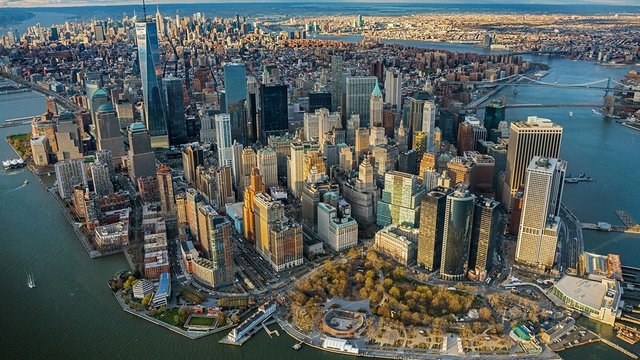
Source
New York City is known for a ton of things: Times Square, yellow taxis, and group, to give some examples. Be that as it may, apples? Not really. So it's nothing unexpected this moniker has nothing to do with an organic product. Indeed, the name has horseracing roots. All through the 1920s, John Fitz Gerald, a horseracing columnist for a nearby daily paper, alluded to New York as New York. He composed that he'd initially heard the term utilized by African American stable hands, who utilized it to pass on the significance of the races the city facilitated. Before the finish of the '20s, the term was utilized as a part of different settings too, and by the '30s it turned into the name of a famous tune. It wasn't until the '70s that the New York Tradition and Guests Department started to advance "New York" epithet.
Beantown
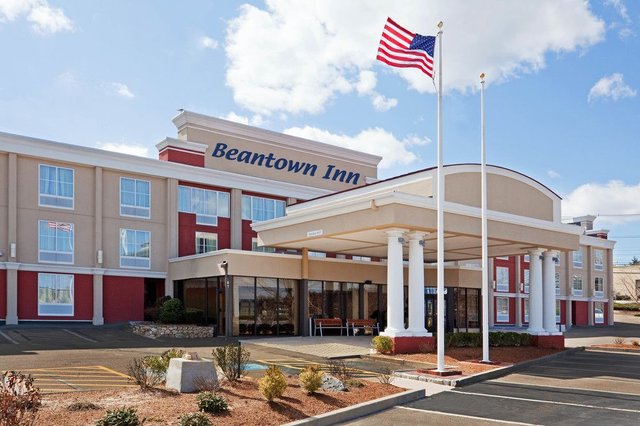
Source
Boston has a couple of verifiable monikers that look back to its days as a frontier center: The Support of Freedom, The Puritan City, The City on a Slope. In any case, Beantown is a tribute to something different altogether: its sustenance. In pilgrim times, a most loved Boston sustenance was beans heated in molasses. Mariners and merchants started to anticipate the dish while in port and named the city "Beantown.
The Huge Simple
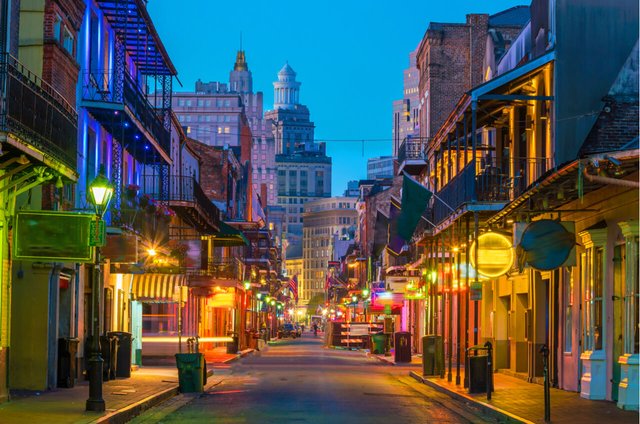
Source
With its wild gatherings, warm climate, careless drinking laws, New Orleans is known for its laid-back scene. Also, it turns out, its epithet is a tribute to that. In the 1960s, New Orleans talk feature writer Betty Guillaud purportedly begat the moniker while looking at "the Enormous Simple" to "New York." One city gloated straightforward living, while the other was hurried and stuffed.
The Breezy City
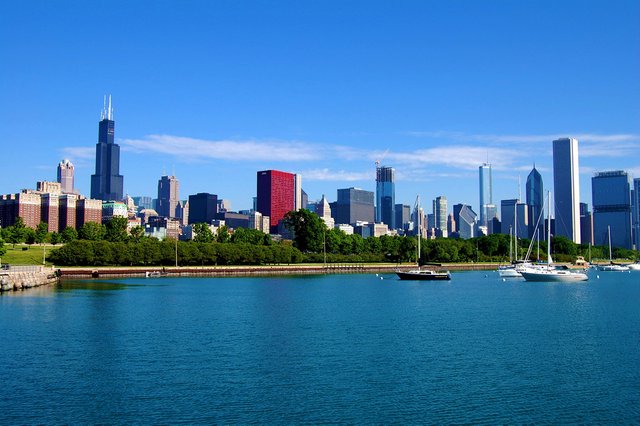
Source
Any individual who's gone by Chicago can confirm the way that it is, 100 percent, a blustery city. In any case, that is not how this moniker initially came to fruition. The soonest known utilize was May 9, 1876, Cincinnati Enquirer article with the feature, "THAT Blustery CITY. A portion of the Monstrosities of the Last Chicago Tornado." The article remarked on neighborhood lawmakers who were brimming with wind and made the city be blustery.
The City of Charitable Love
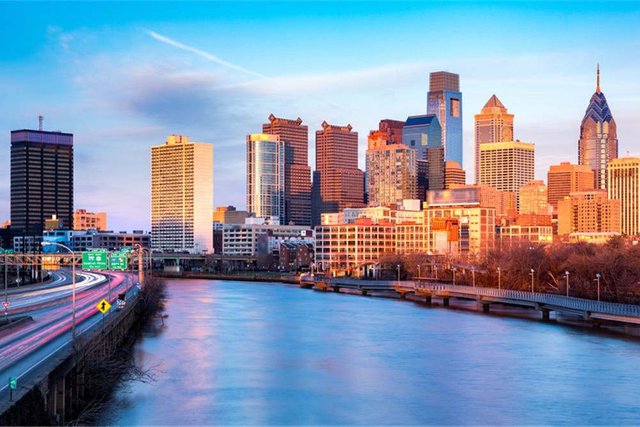
Source
Philadelphia's epithet is an exacting interpretation of its real name, which consolidates the Greek words for affection (phileo) and sibling (adelphos). It was named by its organizer William Penn, a Quaker man who trusted his new city would satisfy the exclusive requirement of its name.
The Mile-High City
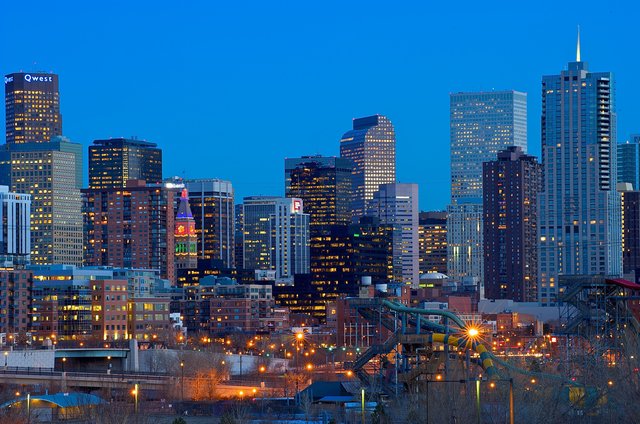
Source
Known for its reality class skiing and dazzling mountain sees, it's nothing unexpected Denver's epithet pays tribute to its territory. Denver's authentic height is one-mile above ocean level, as characterized by the rise of a spot on the means of the State Legislative center building.
The Enchantment City
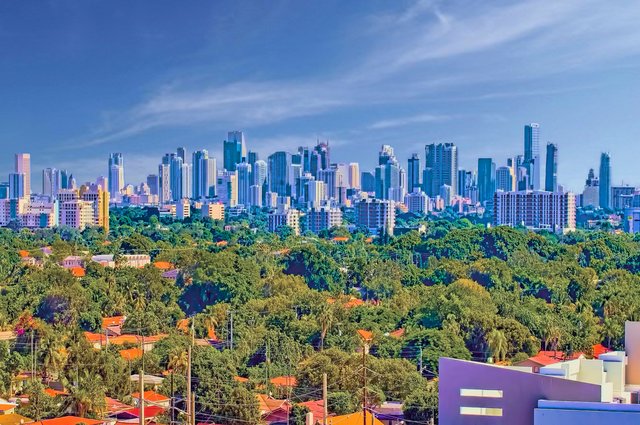
Source
An excursion to Miami—with its warm shorelines, splendid lights, and sizzling nightlife—may persuade it got its epithet due to its otherworldly vitality. All things considered, this is a direct result of the city's quick improvement. In the late 1800s, the Miami region was for the most part wild, with a couple of ranches all over. That is until estate proprietor Julia Tuttle chose the city ought to be reachable by railroad. She made her arrangement into the move and a railroad augmentation was manufactured. Overnight—nearly as though by enchantment—Miami's populace detonated and a city showed up.
The Blessed City
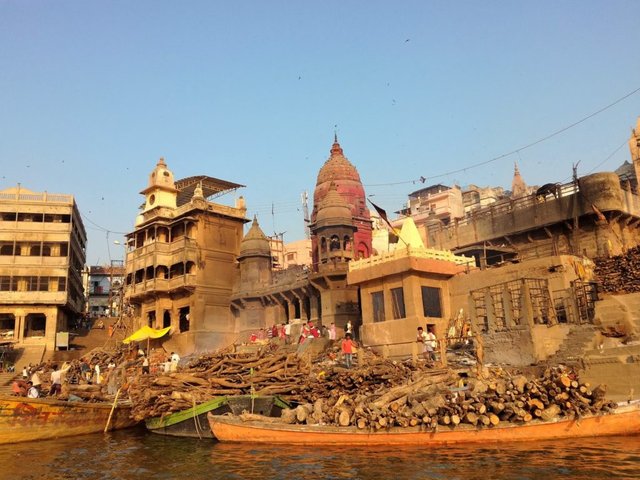
Source
Go to Charleston, South Carolina, and you'll discover places of love surrounding you. In any case, it's not only the number of religious foundations that gave this city its epithet. As the promontory was being produced the steeples of these holy places filled in as points of interest for mariners. Ship commanders could see the horizon from a remote place, and know precisely how to get to the Charleston ports.


Source